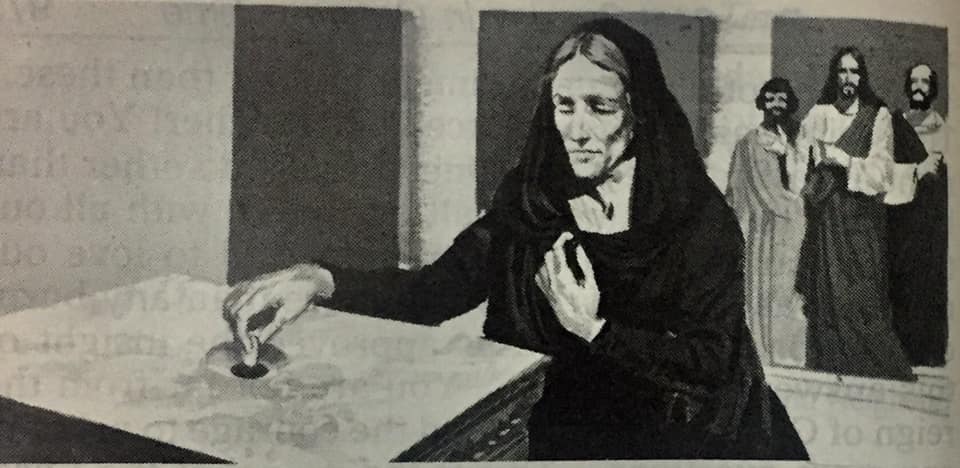344 total views
A widow- ‘almãnã (Heb.אַלְמָנָ֖ה), kheira (Gk. χήρα) means a woman whose husband has died. In ancient Israelite society the status of the widow is precarious. Having no inheritance rights and often in want of life’s necessities, she was exposed to harassments and exploitation. Widowhood was perceived by some to be a disgrace; death before old age was probabaly viewed as a judgment upon sin and the reproach extended to the surviving spouse (Ruth 1:19-21, Isa 54:4). Although Israel’s legal corpus provided some measure of security for the widow, (e.g. Levirate marriage, Dt 25:5-10 or a priest’s daughter can return to his father, Lev 22:13), most often widows had no respectable recourse but to rely on their children or on public charity.
Jesus shows sensitivity to the widow’s marginal existence; and with the orphans, the poor, the sinners and other outcasts of the society he exhibits his preferential love for them. In the story of the “widow’s mite” it contrasts a false religious spirit (Mk 12:38-40) and a true one (vv41-44). The scribes are guilty of pride, privilege-seeking and ostentation (vv38ff). Worse still, they betray their trusteeship of widows’ property with unreasonable demands of shares or money (v40). Their prayerful attitudes for the sake of impression are nothing more than hypocrisy. In contrast, the widow, in her nothingness, is praised for her sincerity and generosity. The coins which she offers (Gr. lepla) were the smallest in circulation; their market value was minimal. The fact she offered two insinuates that she could have kept one for herself and that would already be enough true faith response.
The widow’s was the major contribution compared to others, Jesus said. Others gave with little or no sense of sacrifice. Even after their donations their needs would be amply met. But the widow deprived herself and felt the pain in giving from the little that she had. Hers was the true spirit of generosity, sacrifice and religious dedication.

















